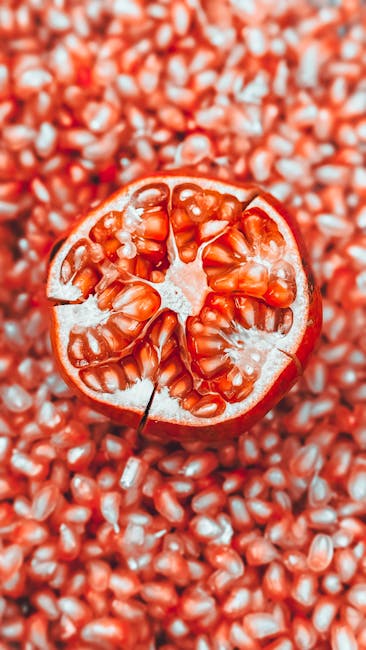Study Reveals Numerous Prenatal Vitamins Missing Crucial Nutrients and Containing Heavy Metals

In a scientific study led by the University of Colorado Anschutz, it was observed that less than half of 47 prenatal multivitamins and mineral supplements available in the market met the recommended levels of vital nutrients, choline and iodine.
The study, sponsored by the Center for Science in the Public Interest, involved the evaluation of 32 over-the-counter and 15 prescribed prenatal products. They were tested specifically for the mentioned nutrients and traces of toxic heavy metals such as lead, arsenic, and cadmium. The analysis was carried out using techniques like liquid chromatograph mass spectrometry and inductively coupled plasma mass spectrometry.
The researchers procured the supplements from Amazon and from local pharmacies by searching for “prenatal” and “prenatal vitamins”. Prescription supplements were gathered from the online platforms of four pharmacy chains.
The study aimed to confirm if the supplements contained within 20% of the claimed nutrient content, conforming to safety standards. As per the Food and Nutrition Board of the Institute of Medicine, the daily recommended intake of choline ranges between 450mg (during pregnancy) to 550mg (during lactation), keeping within the tolerable limit of 3500mg. Adult women should take 150mcg of iodine daily, which is increased to 220mcg and 290mcg during pregnancy and breastfeeding respectively. The researchers also evaluated the heavy metal content of supplements against the purity standards outlined by the United States Pharmacopoeia (USP).
The findings revealed that choline content was only declared in around 26% of the prenatal supplements. Among these, merely five had accurate levels of choline as per their label information. Of all the supplements, approximately 53% listed iodine content, of which only four (16%) met their claimed amount. The authors notably mentioned that both nutrients are vital for fetal growth.
In the non-prescription supplements, about 37.5% declared their choline content, while none of the prescription supplements did. From the sample of three non-prescription supplements, an average was drawn, with five recording within 20% of their claimed choline amount, two exceeding it, and five possessing less than their claimed value.
As for the iodine content, 71.9% of non-prescription and 13.3% of prescription product labels provided this information. Taking average values from three non-prescription sample supplements, four had iodine content within 20% of their claim, 19 contained less, while none exceeded the declared amount. Both sampled non-prescription supplements had less iodine than their claim.
Arsenic levels, surpassing the USP limit, were found in five over-the-counter and two prescription products. Excessive lead content was detected in one product from each category. Unacceptable cadmium levels were found in 13 non-prescription supplements, while prescription supplements were free of it.
Hazardous exposure to heavy metals is linked with potential risks like infertility, miscarriage, preterm birth, neurodevelopmental issues such as autism and ADHD, and cancers, cautioned the authors.
The authors concluded pointing out that current prenatal multivitamin and mineral supplement labels might be misleading and potentially harmful due to the omission or inaccurate listing of crucial nutrients and the inclusion of heavy metals.
Earlier this year, an analogous study by the Government Accountability Office found similar discrepancies in 11 out of 12 supplements that they examined, where one or more nutrient deviated from acceptable levels as proscribed by the U.S. Pharmacopoeia.


